Bad faith insurance isn’t always clear, especially if you aren’t in the insurance industry, and there are gray areas that can be difficult to navigate. It is in insurance companies’ best interest to pay as little compensation to their policyholders as possible. If you believe your insurance company has committed a bad faith breach of contract and resides in the greater Denver area, you should consult a Denver bad faith insurance attorney.
Insurance companies often intentionally obfuscate the truth about their policies with complex explanations and rigorous paperwork requirements that can quickly tire you out and prevent you from receiving your due compensation. In this article, we discuss what you should look for throughout the insurance claim process and how you can use a bad faith insurance attorney to prove if your insurance company may be acting in bad faith.
The Paul Wilkinson Law Firm is here to support you with all of your bad-faith insurance claims needs. If you feel like an insurance company has taken advantage of you or failed to hold up their end of the bargain, you can schedule a free consultation with one of our experienced lawyers to get the compensation you deserve.
Table of Contents
What Is Bad Faith Insurance?
Paying for an insurance policy implies the insurance company has a duty to uphold in exchange for your payment. If they fail to uphold their end of the bargain, they are acting in bad faith. If we lived in a perfect world, all insurance companies would understand the oath they accept when they accept your payments.
Unfortunately, we don’t live in a perfect world, and insurance companies can be dishonest and may lack integrity. This lack of integrity sometimes results in their failure to fulfill contractual obligations leading to the unjustifiable denial of benefits. When this occurs, personal injury law firms refer to this as bad faith insurance. If you can prove in court that an insurance company failed to fulfill its contractual obligation, you might be able to file a bad-faith insurance claim and receive compensation.
How Does Bad Faith Law Work?
Bad faith law balances competing interests. Insurance companies have the right to deny invalid claims and insurance policyholders have the right to receive fair payment for legitimate claims according to their policy.
Bad faith law works to uphold this balance and can be somewhat complex. Because bad faith insurance laws are nuanced, they require legal professionals to unpack them to determine if you have an eligible bad faith insurance claim.
The Top Four Signs of a Bad Faith Insurer
Determining whether your insurance company acted in bad faith can be tricky. However, the following four scenarios are the most common examples of bad faith when attorneys look to prove bad faith insurance claims.
1. Refusal of Payment Without Providing Valid Reasoning
One of the most common bad faith examples involves an insurance company rejecting your claim without a reasonable basis. These situations can be less conspicuous than one would anticipate. Insurance companies are more shrewd than to be blatant about committing bad faith acts.
In these cases, insurance companies will likely cite a complex portion of the contract to avoid payment. They can often cite multi-page explanations in your contract to try to shirk their financial responsibilities. If you do not understand your insurance company’s explanation, you should visit with a bad-faith insurance lawyer. They will be able to walk you through the claims process to ensure you completely understand your claim.
2. Failure to Provide a Timely Investigation
Insurance companies have a duty to investigate your claim in a timely manner. If they fail to do so, they are subject to legal action. Insurance companies can drag their feet, refuse to pay, or take too long to act, all of which may be signs of a bad-faith insurer.
Whether you’re deciding to hire a car accident lawyer or your house burned down, you’re entitled to a timely investigation. If your insurance company delays and you lose access to critical information, you may have a bad faith insurance claim. Having a claim also hinges on providing your insurer with all the necessary information. Failure of them to respond adequately can serve as the foundation for a bad-faith insurance lawsuit.
Contact the Denver car accident attorneys at the Paul Wilkinson Law Firm today!
3. The Insurance Company Settles for Less Than You Deserve
Settling for less than you deserve is a common tactic insurance companies employ when dealing with claims. It’s important for you to remember that insurance companies are for-profit organizations. It benefits them to pay as little to the policyholder as possible while fulfilling their legal obligations. Some insurance companies get carried away with this tactic and don’t fulfill their legal responsibilities to their policyholder.
4. The Insurance Company Demands Excessive Amounts of Paperwork
Insurance companies may demand excessive paperwork when they think homeowners are too naive to investigate the claim. This tactic assumes that policyholders accept excessive paperwork as part of the claim process. They can also use this tactic to extend the claims process.
If you wonder why your insurance company needs so much paperwork, it might be time to consult a bad-faith insurance lawyer. They might request paperwork never mentioned in your policy or require you to submit a preliminary claim report and a formal proof of loss form.
These forms can appear under the guise of normalcy for insurance claims. However, they are often a delay tactic. You should consult an attorney to determine whether such paperwork requirements are necessary for your claim.
Why File a Bad Faith Insurance Claim?
America’s legal system includes numerous laws designed to hold insurance companies accountable to their policyholders and the promises they’ve made via contracts. These laws were designed to protect American policyholders, and you should exercise this right should you suspect your insurance company of bad faith practices.
Your provider may be obligated to pay more damages than what’s listed on your insurance claim.
They may be liable to pay the following penalties:
- Statutory penalties
- Statutory interest
- Liability for judgments in excess of policy limits
- Attorney fees
- Emotional distress
- Economic loss
- Punitive damages
Regardless of the unique nature of your case, one thing remains constant in bad faith insurance claims: the more negligent and egregious the actions of your insurance company, the more penalties your insurance company will have to pay.
What Do You Need to Prove With a Bad Faith Insurance Claim?
Requirements for proving bad faith insurance claims vary by state, but there are some commonalities among them you should be aware of. Most bad faith insurance definitions follow California’s because California was the first state to draft laws about it.
In these states, you must show insurers breached their contractual duty to the policyholder. Jurisdictions can also add subjective clauses to the definition stating that plaintiffs must show the absence of a reasonable basis for denying benefits of the policy to the defendant.
This means you must prove that an insurance company refused to pay your claim without providing a legitimate reason.
Not All Claim Denials Are Bad Faith
Because it’s on the plaintiff to prove the insurance company acted in bad faith, you should consult an attorney before submitting a claim. Bad faith insurance attorneys typically offer a free consultation to discuss your case and whether you have a legitimate claim.
Just because an insurance company denies your claim or issues a denial of coverage does not mean they are acting in bad faith. Insurance policies are complex and determining whether your insurance company acted in bad faith comes down to various factors that personal injury attorneys have experience navigating.
Conclusion – How to Prove Bad Faith Insurance
Proving bad faith insurance can be tricky given that insurance companies are skilled negotiators with ample legal resources at their disposal. That’s why contacting bad faith insurance attorneys can help you decide whether you have a claim and what course of action you should take to ensure you receive compensation.
The bad faith insurance attorneys at The Paul Wilkinson Law Firm have over two decades of experience ensuring our clients get the most out of their cases. Additionally, we operate on a contingency fee basis, meaning that we only get paid if you win your case.
Contact us today to determine what your bad-faith insurance claim is worth. For a free case consultation call (720) 804-0730.


